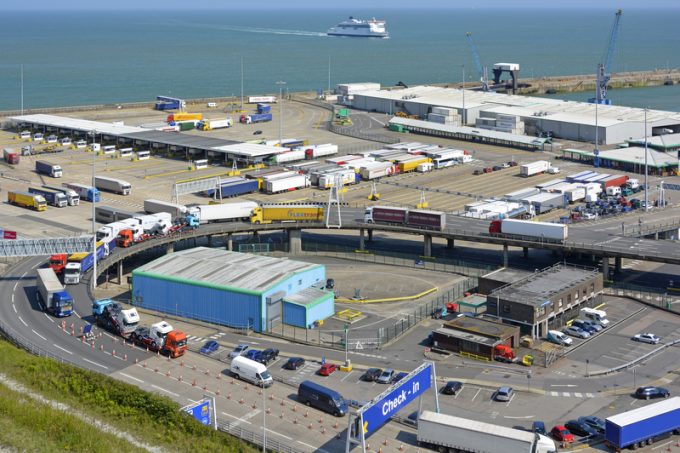UK-EU trade 'reset' could be on the cards if France uses its 'clout'
A bilateral agreement between the UK and France could offer Britain its best opportunity for ...

Freight operators have welcomed HMRC’s decision to delay implementation of the Transitional Simplified Procedures for customs (TSP) in the event of a no-deal Brexit.
Announced in February, the TSP matches trader numbers against trailers and postpones payment of import duties – but only for ro-ro traffic.
TSP ...
CMA CGM South Korean staff strike over bonuses after bumper 2024 profit
'Another painful headache for shippers' as Asia-N Europe rate rally ends
Amazon Air Cargo partners-up for new transpacific route into the US
MSC switches two more Asia-Europe port calls from congested Antwerp
Ports and supply chain operators weigh in on funding for CPB
Nightmare for Bangladeshi exporters as congestion and tariffs bite
CMA airline returns two freighters, while ANA takeover of NCA looms
Carriers introduce surcharges as congestion builds at African ports

Comment on this article